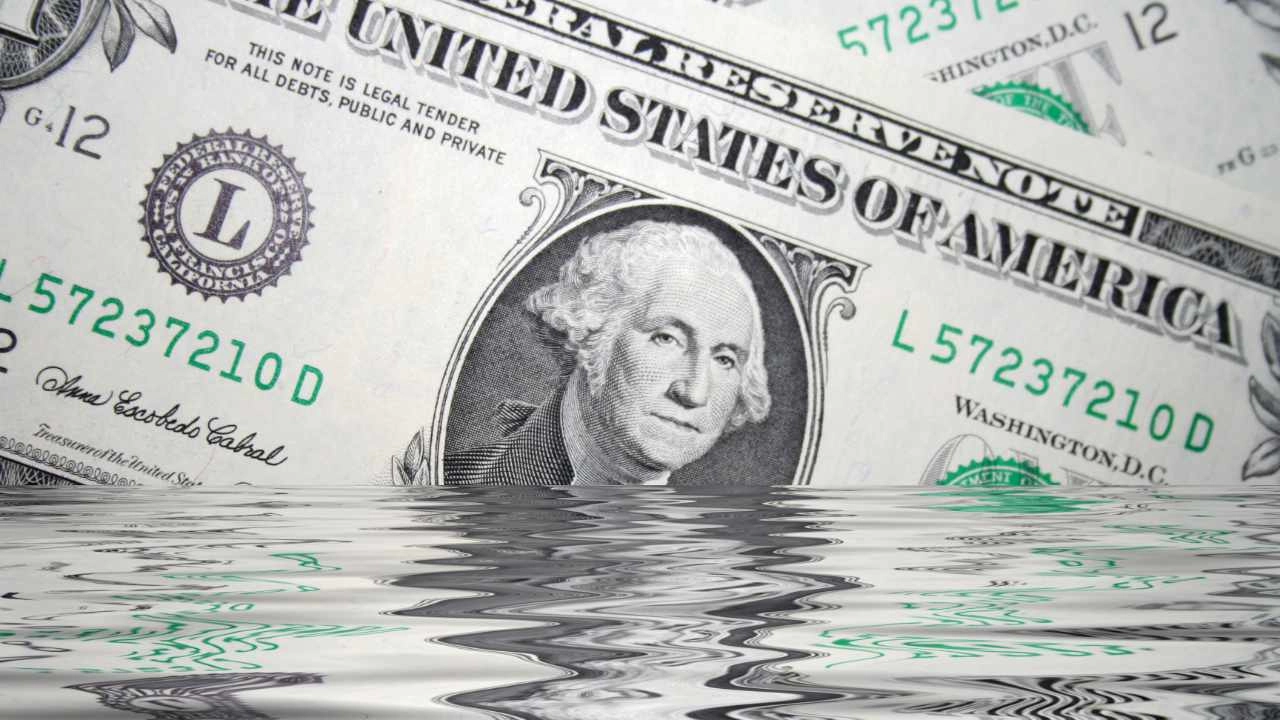Trump’s emphatic vow that the U.S. is dominating in crypto and bitcoin supercharges the digital asset space, fueling unstoppable momentum toward American-led global blockchain dominance.
Trump Promises Total US Crypto Supremacy
U.S. President Donald Trump voiced strong confidence in America’s dominance in cryptocurrency on his social media platform Truth Social on May 22, ahead of a private crypto event Thursday night. The dinner, held at Trump National Golf Club near Washington D.C., gathered prominent crypto holders and influencers.
“Heading to the crypto dinner in Loudon County, Virginia, in a little while,” Trump wrote, signaling both his support for the industry and America’s leadership aspirations in the digital asset space. The president stressed:
The U.S.A. is DOMINATING in crypto, bitcoin, etc., and we are going to keep it that way!
Trump’s crypto dinner was a lavish black-tie affair, exclusively reserved for the top 220 holders of his TRUMP meme coin. The event, which featured a special VIP reception for the top 25 token holders, highlighted the deep intertwining of politics and cryptocurrency. Attendees reportedly contributed around $148 million collectively, with some, like Justin Sun, investing upwards of $18 million. The gathering drew sharp scrutiny from some Democratic lawmakers, such as Senators Elizabeth Warren and Jeff Merkley, who criticized the potential for foreign influence and ethical concerns, especially given that Trump-linked entities control the majority of the token supply.
White House Press Secretary Karoline Leavitt said attendee names would not be disclosed when asked by a reporter, emphasizing that “the president is attending it in his personal time.” The New York Times reported that several attendees “said that they attended the event with the explicit intent of influencing Mr. Trump and U.S. financial regulations.”
However, some participants left feeling underwhelmed. Fox Business journalist Eleanor Terrett noted that while guests praised the food, they were frustrated by the lack of direct engagement with Trump. “He just gave a few remarks and left,” one attendee stated. Those hoping for a question-and-answer segment or deeper dialogue received only a brief affirmation of Trump’s crypto policy stance before the president departed.
While detractors raised concerns about political favoritism and opaque donor influence, advocates argue that Trump’s involvement reflects growing political acceptance of bitcoin and blockchain innovation. They maintain that such high-level attention could foster clearer crypto policy direction.

11727 views
Russia Intensifies Drive to Replace US Dollar in Global Trade
Russia accelerates the global de-dollarization drive with bold new push for national currencies and economic sovereignty in trade.
Russia Ramps up Exit From Dollar-Dominated Trade System
The global shift toward settling trade in national currencies instead of the U.S. dollar is gaining traction, with Russia positioning itself at the forefront of this movement. During the seventh Moscow Academic Economic Forum on June 2, Russian Foreign Minister Sergey Lavrov stressed the importance of creating independent mechanisms for foreign trade as a way to reinforce the country’s economic autonomy. He was quoted by Tass as saying:
The tasks of further strengthening of Russia’s economic and technological sovereignty, including through the creation of mechanisms for servicing foreign trade independent of external pressure, and the transfer of international settlements into national currencies, are coming to the fore now.
Lavrov argued that the international landscape—characterized by heightened sanctions and what he described as “persisting attempts by a number of Western countries to curb the development of our country”—necessitates urgent action to build a resilient economic model. He called for a unified effort among government bodies, the business sector, academia, and civil society to support this transformation. According to Lavrov, such coordinated engagement is essential to establishing what he called a more just, multipolar economic architecture, in contrast to the Western-dominated global order.
The remarks follow a rising global interest in alternatives to the dollar for cross-border transactions, driven by efforts to reduce the impact of sanctions and reliance on centralized financial systems. Major economic groups such as BRICS, the Shanghai Cooperation Organization, and ASEAN are pursuing these alternatives. In Russia, this movement includes growing interest in decentralized technologies like blockchain and digital assets. Advocates say tools such as Bitcoin could support national economies by facilitating transactions outside conventional financial networks, contributing to de-dollarization and economic autonomy.
Tags in this story
Image Credits: Shutterstock, Pixabay, Wiki Commons



